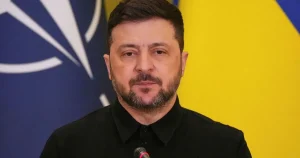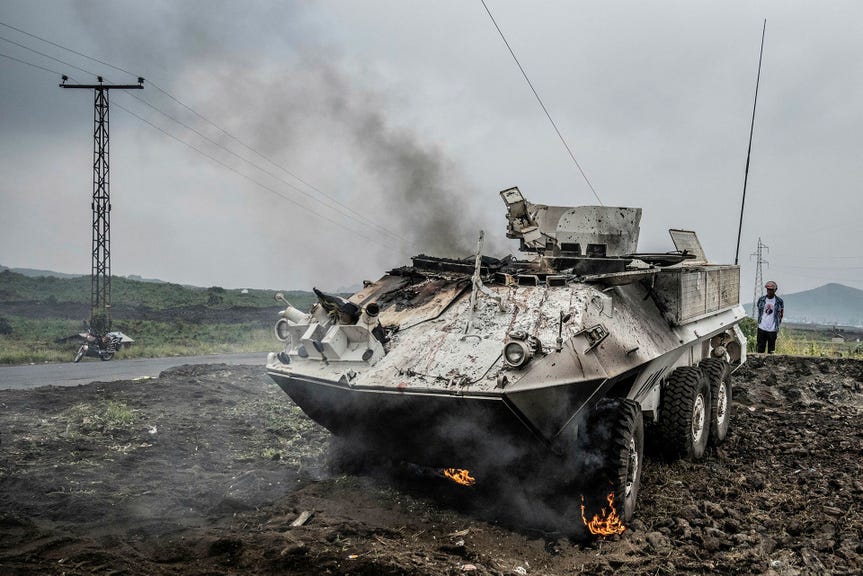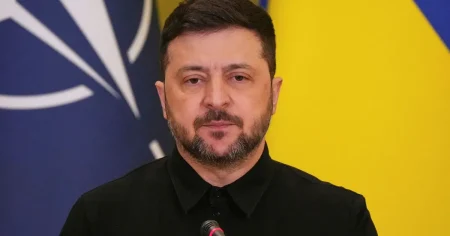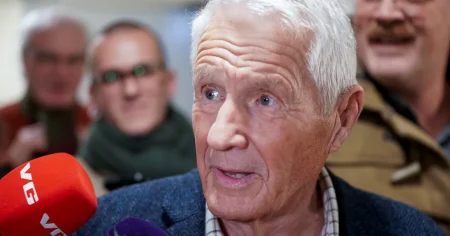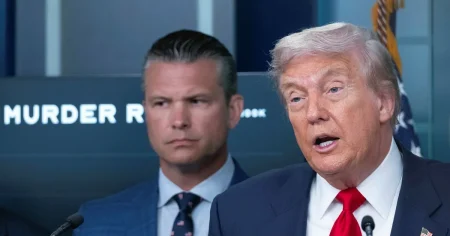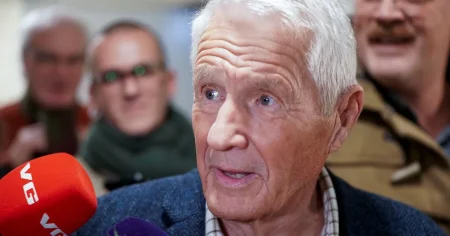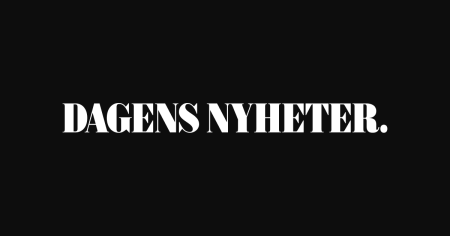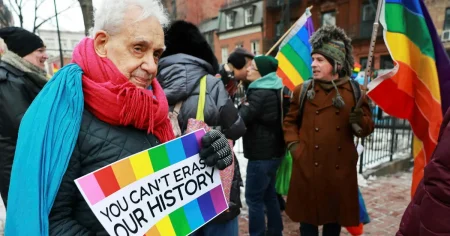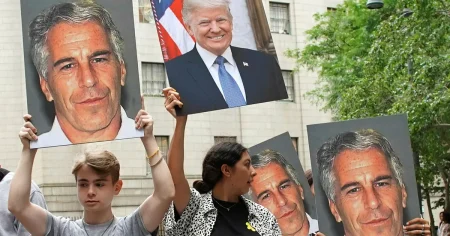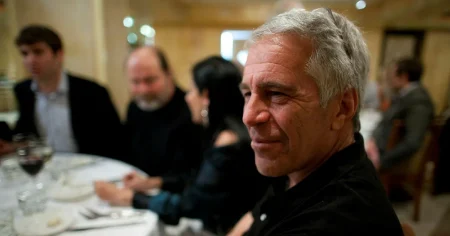The United Nations Security Council has been urgently convened following a deadly attack that claimed the lives of 13 peacekeepers in the Democratic Republic of Congo (DRC). This incident, attributed to Rwandan-backed forces, has dramatically escalated tensions in the volatile Great Lakes region, prompting the DRC to sever all diplomatic ties with Rwanda. The attack underscores the precarious security situation in the eastern DRC, where numerous armed groups, including the M23 rebels believed to have Rwandan support, operate, contributing to widespread violence and instability.
The precarious peace maintained by the UN peacekeeping mission, MONUSCO, faces a significant threat due to the resurgence of violence and the deteriorating relationship between the DRC and Rwanda. The targeted attack on peacekeepers, a blatant violation of international law, signals a dangerous escalation and raises concerns about the safety and effectiveness of the UN mission in the region. The Security Council’s emergency meeting reflects the international community’s alarm at the escalating crisis and the potential for a broader regional conflict involving multiple actors with complex and often overlapping agendas. The attack also raises crucial questions about the mandate and capacity of MONUSCO to effectively protect civilians and maintain peace in a challenging environment.
The DRC’s decision to cut diplomatic ties with Rwanda marks a significant deterioration in bilateral relations. The Congolese government has long accused Rwanda of supporting the M23 rebels, a charge Rwanda consistently denies. However, mounting evidence, including reports from the UN Group of Experts, points towards Rwandan involvement in the conflict. The severing of diplomatic ties reflects the DRC’s frustration with what it perceives as Rwanda’s continued interference in its internal affairs and its support for destabilizing forces. This drastic measure could further exacerbate tensions and hinder efforts to find a peaceful resolution to the conflict, increasing the risk of a wider regional conflagration.
The escalating tensions between the DRC and Rwanda have deeper historical roots. The aftermath of the Rwandan genocide in 1994 saw a large influx of refugees, including members of the defeated Hutu regime and armed groups, into eastern DRC. This sparked a series of conflicts involving various regional actors and contributed to the ongoing instability in the region. The presence of these armed groups, some of which continue to operate in the DRC, has been a source of tension between the two countries, with the DRC accusing Rwanda of harboring and supporting these groups. This historical backdrop provides context to the current tensions and highlights the complexity of the relationship between the two countries, which has been characterized by mutual suspicion and recurring conflict.
The current crisis in the DRC has far-reaching implications for the wider Great Lakes region. The region has a history of interconnected conflicts, with the potential for violence in one country to spill over into neighboring states. The involvement of various armed groups with different agendas and alliances creates a complex web of relationships that can quickly escalate into a wider regional conflict. The presence of valuable mineral resources in the eastern DRC, often exploited by these armed groups, adds another layer of complexity to the conflict. The international community is deeply concerned about the potential for the current tensions to destabilize the entire region and trigger a humanitarian crisis of significant proportions.
The international community faces a difficult challenge in addressing the escalating crisis in the DRC. The UN Security Council’s emergency meeting is a crucial step in bringing international attention to the issue and coordinating a response. However, finding a lasting solution will require a multifaceted approach that addresses the root causes of the conflict, including the complex interplay of regional actors, the proliferation of armed groups, and the illegal exploitation of natural resources. This requires sustained diplomatic efforts, including fostering dialogue between the DRC and Rwanda, supporting regional initiatives for peace and security, and strengthening the mandate and resources of MONUSCO to effectively protect civilians and promote stability. The ongoing violence in eastern DRC highlights the urgent need for a concerted international effort to prevent further escalation and build a lasting peace in the region. Failure to address the underlying issues could have devastating consequences for the DRC and the wider Great Lakes region.


